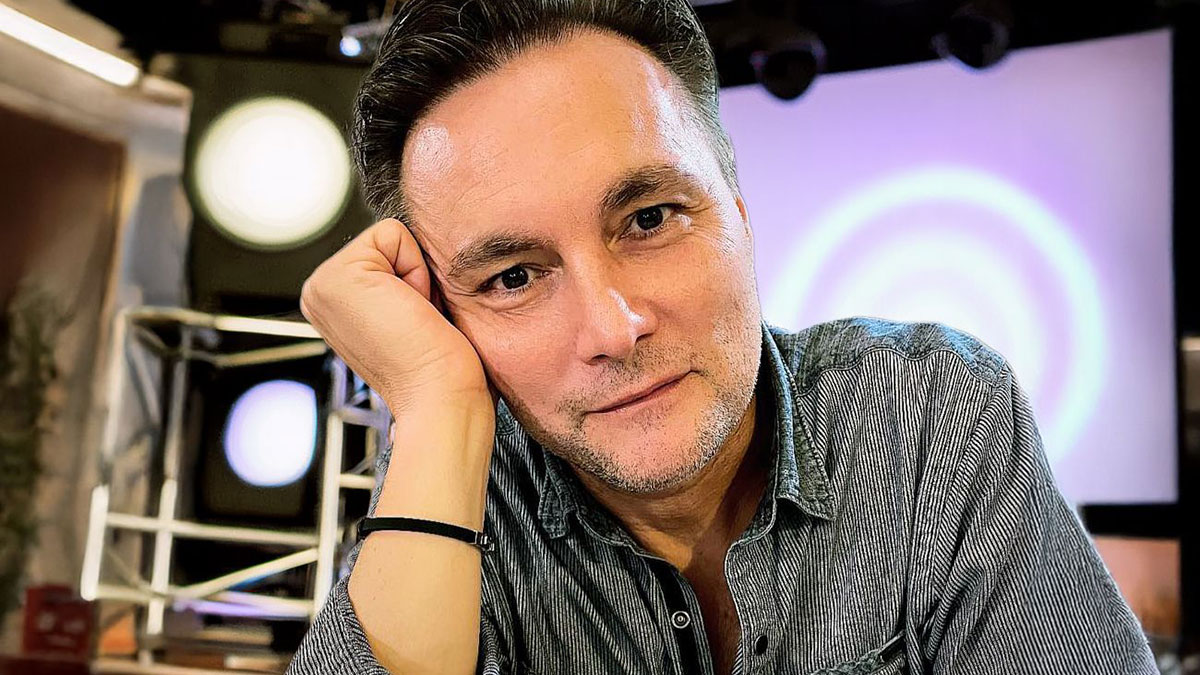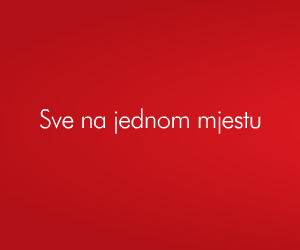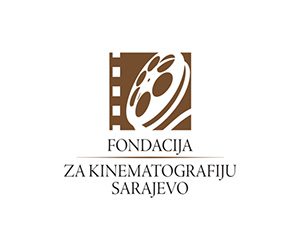
07/10/2025
Idea and visual form are important, but emotions give soul to films
Bobby Grubić, multiple Emmy Award winner, will be a member of the short film jury at the 26th edition of the Mediterranean Film Festival in Široki Brijeg. Grubić, who has gained international recognition for his work across various media formats, emphasises that it is an honor for him to be part of a festival with such a long-standing tradition. In the interview, he explains his passion for documentary filmmaking and the importance of authentic stories that reflect reality, as well as how different forms of film – from commercials to documentaries – shape his perspective on cinematic art. He also shares his thoughts on the significance of media convergence and artistic freedom in the film industry, and how digital distribution is changing the way creators reach their audiences.
You are coming to Široki Brijeg as a member of the jury for the short documentary at the Mediterranean Film Festival. What does it mean for you personally to be a part of this festival and this selection?
It is a great honour to be a part of the MFF jury. The festival in Široki Brijeg has a continuity and long-standing reputation in the region, and for me it has always been inspiring to see how short documentary film reflects the reality of the Mediterranean and the region. To be in the company with the authors and the audience that appreciate authentic stories is especially fulfilling and inspiring.
As a multiple Emmy award winner, with the experience of working across various media formats, how challenging and inspirational is it for you to evaluate documentary films?
Every documentary film carries its own world and energy, as well as a message and subject matter that someone has studied to present it to us authentically. As a filmmaker, I know how challenging it is to capture the truth while maintaining an artistic signature. For me, it is both a challenge and a pleasure to watch films through the lens of craft and emotion; I’m inspired by the fact that I constantly discover new ways of storytelling — as well as new, yet undiscovered, life themes.
What, in your opinion, makes a film successful – is it a strong idea, visual expressiveness, emotion, or a combination of all of the above?
Film is definitely a combination of all the elements mentioned — but if I had to single one out, I would say that emotion is what truly gives a film its soul. The idea and visual form are important, but without emotion, there is no real connection with the audience. When all of these come together, the result is a work that truly resonates and leaves no viewer indifferent.
Your work spans television commercials, corporate films, documentaries, tourism promo films, biographies, and fiction projects. What has that experience taught you?
Breadth. In commercials, I learned the economy of expression — how to convey something essential and draw the viewer into a story in just 30 to 60 seconds; in documentaries, authenticity; and in fiction films, depth. When I watch a film, I evaluate it as a whole — not just technically or artistically, but based on how successfully it communicates with the audience, that is, how deeply it draws them into its world (or doesn’t).
You often emphasise the importance of media convergence and the impact of artificial intelligence in production and marketing. How are these new technologies changing the film and audiovisual industry?
Artificial intelligence and media convergence are transforming everything — from scriptwriting to distribution. Today, it’s possible for a small team to create a world-class film using new tools. However, technology is just a tool — the most important aspects remain human creativity and the message we want to convey. Ultimately, the story and the emotion it carries are what matter most.
As an international lecturer, you often speak about the future of media and production. What would you highlight as the key trends that will shape the film industry in the next ten years?
I see three key trends: content personalisation through artificial intelligence, a stronger emergence of interactive and immersive formats (VR/AR), and the continued growth of global streaming platforms that will serve our home theatres. However, alongside all these technologies, audiences will always seek a good story — one that primarily entertains them, and then perhaps offers a human, historical, or scientific message.
Short films often serve as a testing ground for young filmmakers. How much can such projects open doors to larger film achievements?
Short films are a laboratory of ideas. They offer a space to experiment, take risks, and develop a distinctive style. For many filmmakers, short films have been their ticket into the world of feature films. For example, Whiplash started as a short film, and after its success, it was expanded into a feature that won three Oscars. With short films, you build your team and meet the people you want to work with on bigger projects — I believe this format remains incredibly important.
How important is it, based on your experience, for festivals like MFF to promote local filmmakers and give them visibility?
It’s extremely important. Local filmmakers need a platform to be discovered by the audience, and international guests need the opportunity to find them. Such visibility often leads to new opportunities and co-productions. There’s also networking — meeting new industry people with whom you exchange ideas, socialise at the festival, and maybe even start a project; new ideas are born in every conversation.
At the festival, the historical film epic project “Conspirators”, which you are directing based on a story by Miro Gavran, will also be presented. What is personally challenging for you in this project?
“The Conspirators” is an exceptionally demanding and exciting project: the adaptation of a historical story about Petar Zrinski and Fran Krsto Frankopan, with universal themes of freedom, betrayal, sacrifice, and the price of dignity. I often describe it as the Croatian Braveheart — not as a copy, but due to its emotional and thematic kinship: a people standing up to an overwhelming power, brotherhood and personal stakes of the heroes, the struggle for political and cultural freedom, and a tragic catharsis. In this sense, Croats are the “Scots” of this story, and the Habsburg authority takes on the role of the “English” from Gibson’s film — a symbolic framework that immediately conveys to international audiences the scale of the struggle and sacrifice. Our challenge is to combine historical authenticity with a contemporary cinematic language so the story resonates powerfully with today’s audiences both in Croatia and worldwide.
What projects are you currently working on, and what is your professional focus at the moment?
Right now, my focus is on the award-winning short film Samoća / Lonely — which is also my first fiction film in Croatian — and after successful festival screenings in the region, it’s continuing its tour around the world. Then there’s the historical feature thriller “The Conspirators”; we’re currently polishing the script, developing a financing package, and negotiating with co-producers and funds in the region and the European Union to finalise the financial structure for production. Additionally, I’m involved in an international collaboration on the Indonesian-Croatian project Sore (Woman from the Future), which was recently selected as Indonesia’s Oscar submission. And finally, I’m developing a “sweet” little project that could grow into something big — an animated series about Barbara Celjska, the Black Queen.
As a jury member, what message would you like to send to young filmmakers whose films will be shown at this festival?
The message is simple: be authentic and courageous. Don’t be intimidated by technical limitations or the market. If you have a sincere story and the passion to tell it, it will find its way to the audience.


